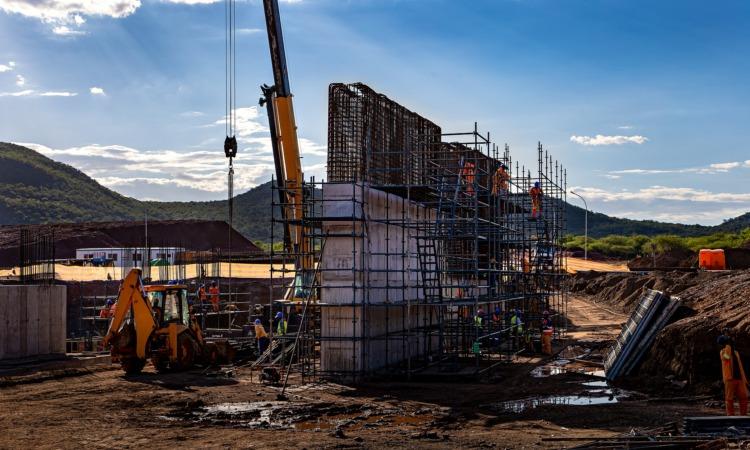Is China is fueling Africa’s economy? That could be a question with so many angles to explore – such as – is it worth it for Africa to accept humongous loans from the industrial giant amid her journey to prosperity while opening doors for her nations to invest and heavily mark China’s ingenuity across continent-wide African infrastructure? China, one of the world’s top economies provides eight types of foreign aid: complete
[elementor-template id="94265"]
